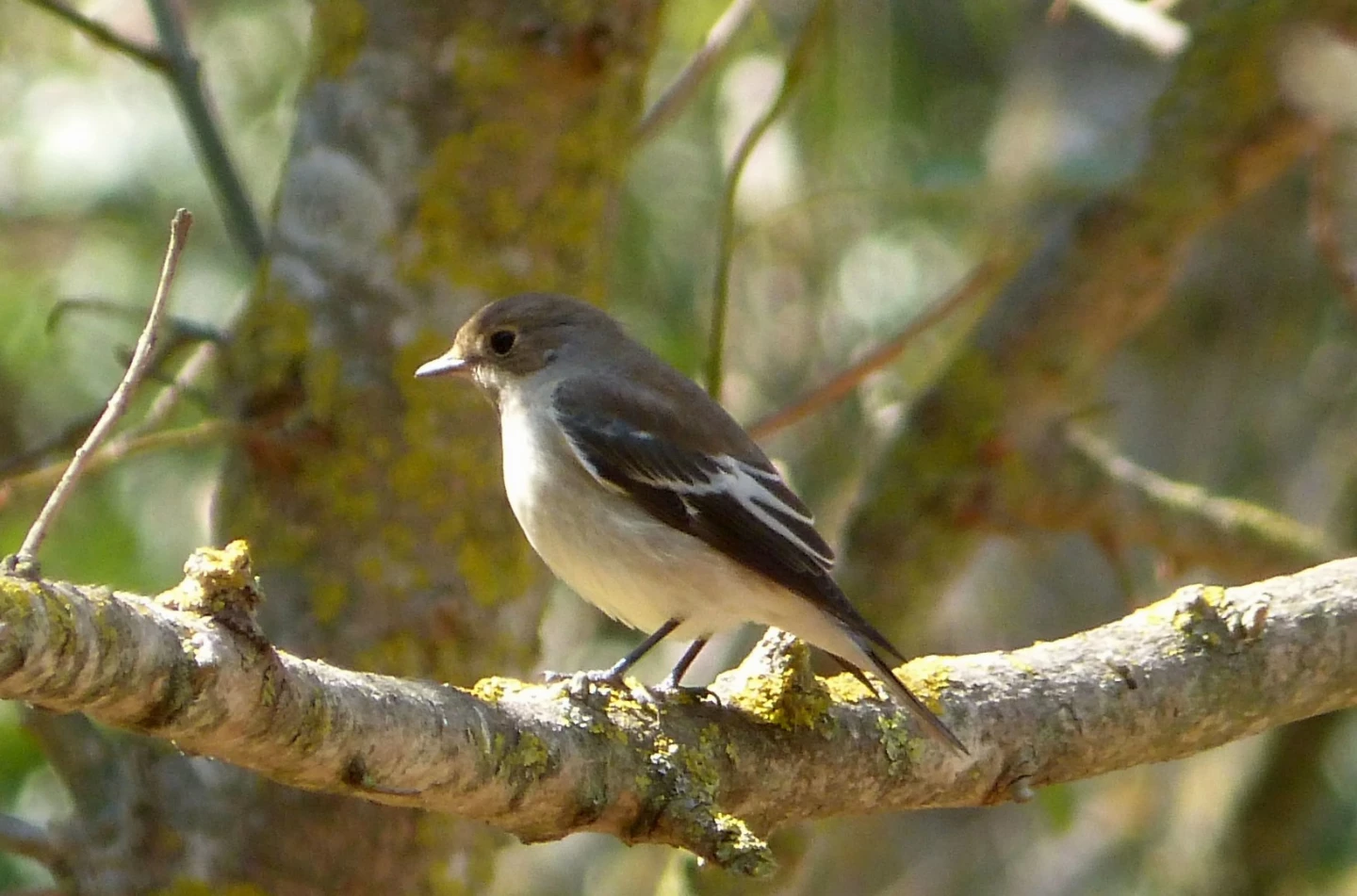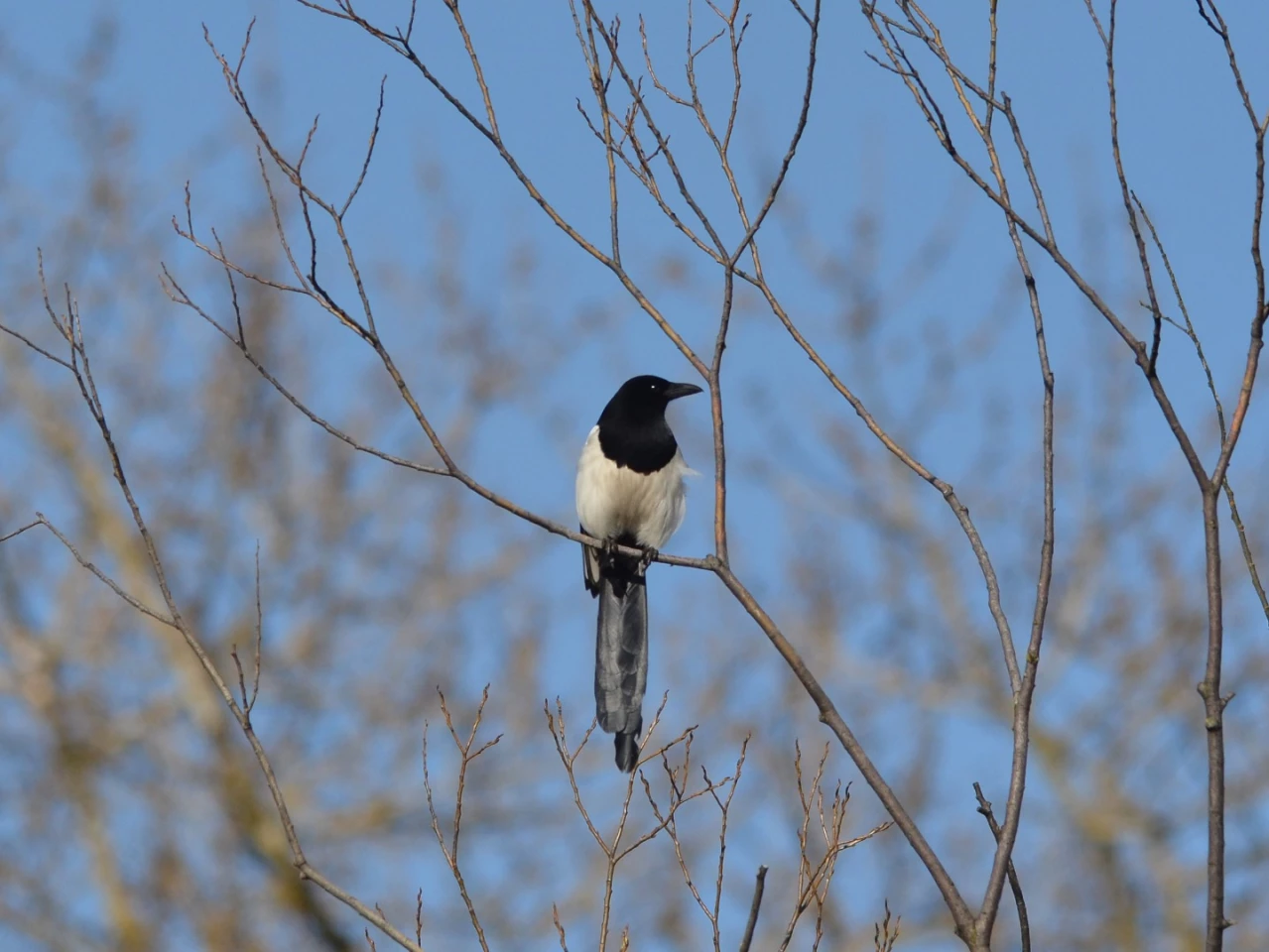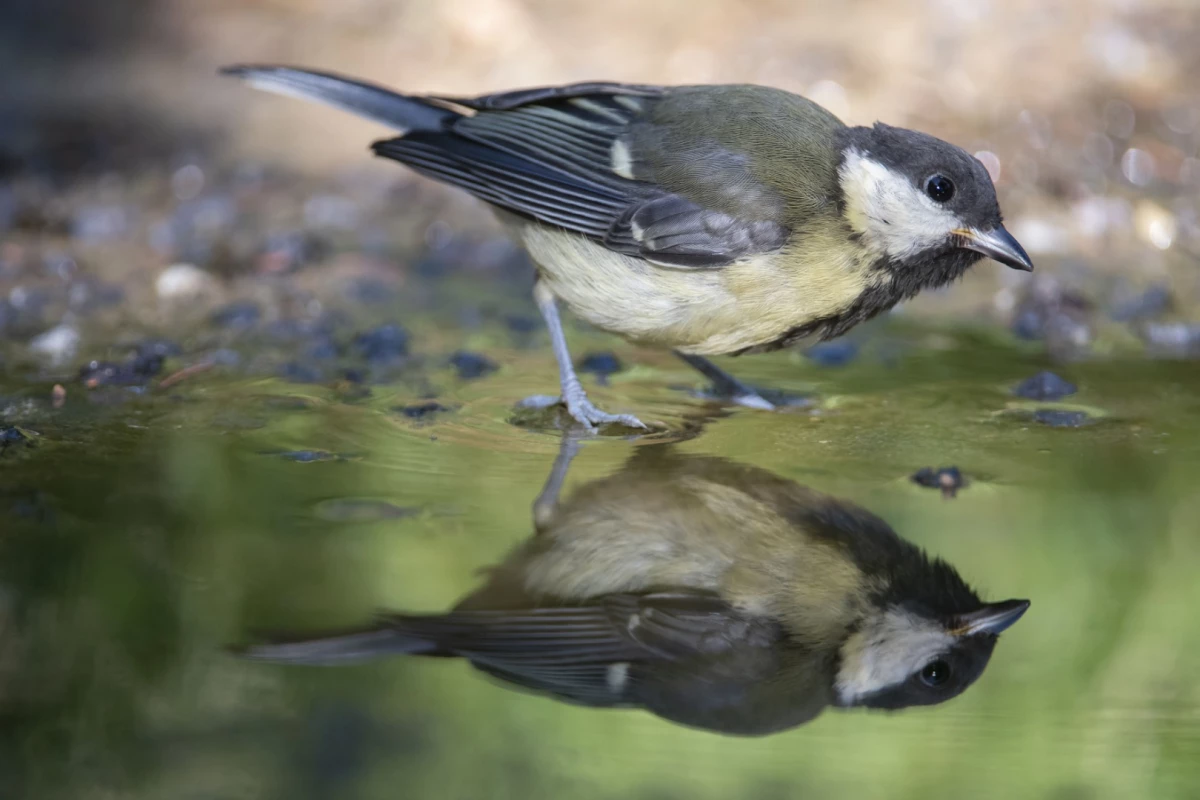Many animals commonly adjust to changes in climate by shifting behaviors such as hibernation, reproduction and migration in order to optimize the continuation of the species. Unfortunately, a recent meta analysis of over 10,000 studies suggests these adaptations simply aren't happening quickly enough.
Led by specialists from Leibniz Institute for Zoo and Wildlife Research in Berlin, Germany, a team of 64 researchers from around the world found that even when looking at species known to adjust quickly to variations, the outlook wasn't positive.

For the study, the researchers looked at data for fairly common birds, known to have already developed adaptive behavior (and sometimes physical characteristics) in response to climate change. While birds such as the great tit (parus major), the common magpie (pica pica) and the European pied flycatcher (ficedula hypoleuca) made up the bulk of the sample, data on Mississippi painted turtles from Iowa State University in the US was also included. This data was contributed by Fredric Janzen – a professor of ecology, evolution and organismal biology at ISU – who has been observing these turtles for decades.
Janzen's research found similar patterns of adaptation in the turtles, but since they live far longer than most birds, the effect of rapid climate change – and their ability to adapt in step with that change – isn't as obvious. So any changes in climate now could have serious repercussions for successful breeding among the turtles many years down the line.
The research focused on two primary areas of change, phenological adjustments – which involves shifting of the timing of processes such as hibernation, reproduction and migration – and morphological changes such as body size, weight and even the shape and size of birds' bills.

The team looked at specific climate data for the habitats of the chosen species and correlated this with changes in phenological and morphological traits and then looked at whether these adaptations resulted in better survival rates or more offspring. While morphological changes have long been associated with climate change, the study found no consistent patterns. Phenological adaptations on the other hand were clearly correlated.
"Our research focused on birds because complete data on other groups were scarce," says lead author Viktoriia Radchuk from Leibniz IZW. "We demonstrate that in temperate regions, the rising temperatures are associated with the shift of the timing of biological events to earlier dates."
Though they weren't part of this study, researchers are understandably pessimistic about the adaptive abilities of rare or endangered species in the face of rapid climate change. The team hopes that this large scale meta analysis will encourage further research into the resilience of animal populations facing rapid changes in climate which could then go on to inform better conservation management planning.
A paper on the study has been published in the journal Nature Communications.
Sources: IZW Leibniz Institute for Zoo and Wildlife Research, Iowa State University






